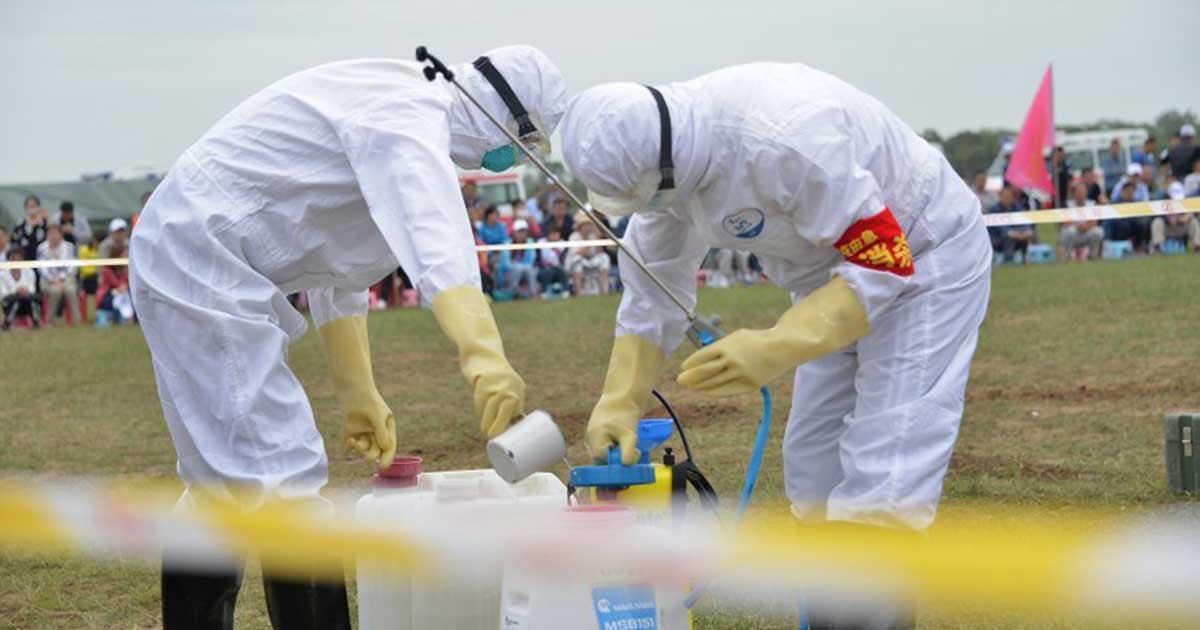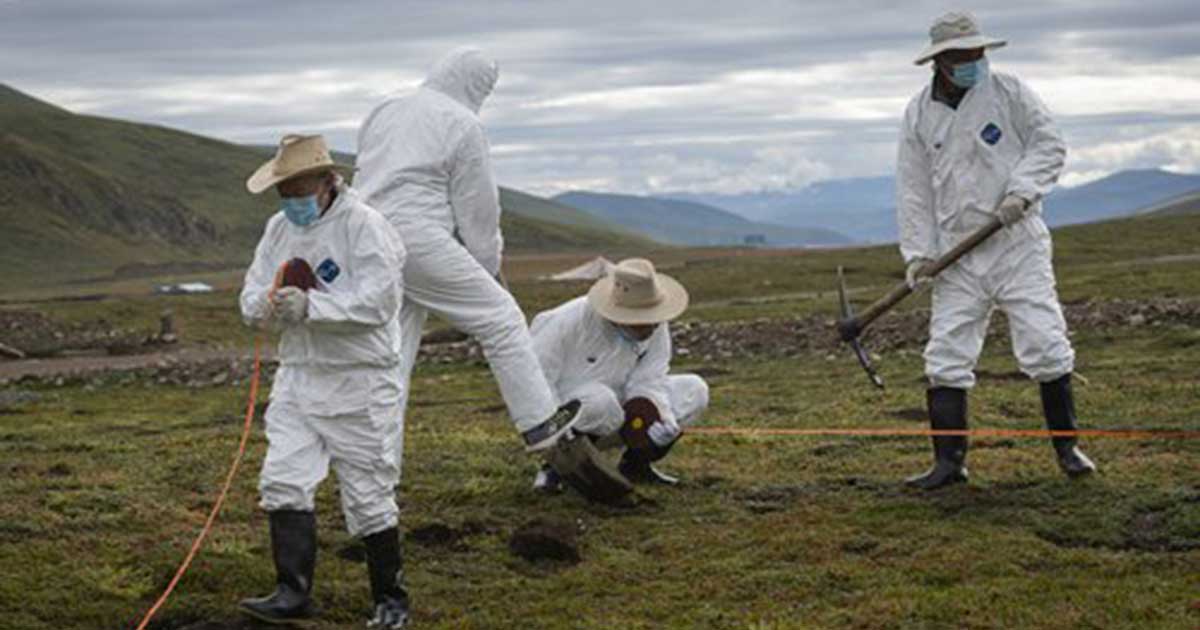Authorities have sealed off a village located in the Chinese region of Inner Mongolia after a resident died from bubonic plague, a centuries-old disease responsible for decimating the human population in the mid-1300s.
The Baotou Municipal Health Commission said in a statement that the death was reported to health authorities in Baotou city on Sunday, wherein officials confirmed on Thursday that the victim was a bubonic plague patient.
According to the statement, the patient died of circulatory system failure, but it did not mention how the victim had caught the plague.
The authorities sealed off Suji Xincun village and ordered daily disinfection of homes to help curb the spread of the disease.
“The place of residence of the deceased is locked down, and a comprehensive epidemiological investigation is being carried out,” the commission announced.
So far, authorities confirmed that all villagers have tested negative for the disease.
The commission also confirms that 9 close contacts and 26 secondary contacts of the victim have tested negative and are currently under quarantine.
The people are also urged to reduce contact with wild animals and avoid hunting, skinning or eating animals that could cause infection.
The victim was the second confirmed case of bubonic plague reported by the Chinese authorities this year.
While the bacterial disease is transmitted through flea bites and infected animals, authorities warned that human-to-human transmission is possible.
“Currently, there is a risk of human plague spreading in our city,” the statement said.
The first case was recorded in another city in Inner Mongolia, Bayannur, in July, prompting authorities to issue another Level 3 alert effective immediately until the end of 2020, and ordered the closure of a number of tourist destinations.
The plague had killed an estimated 50 million people in Europe during the Black Death pandemic in the Middle Ages.




